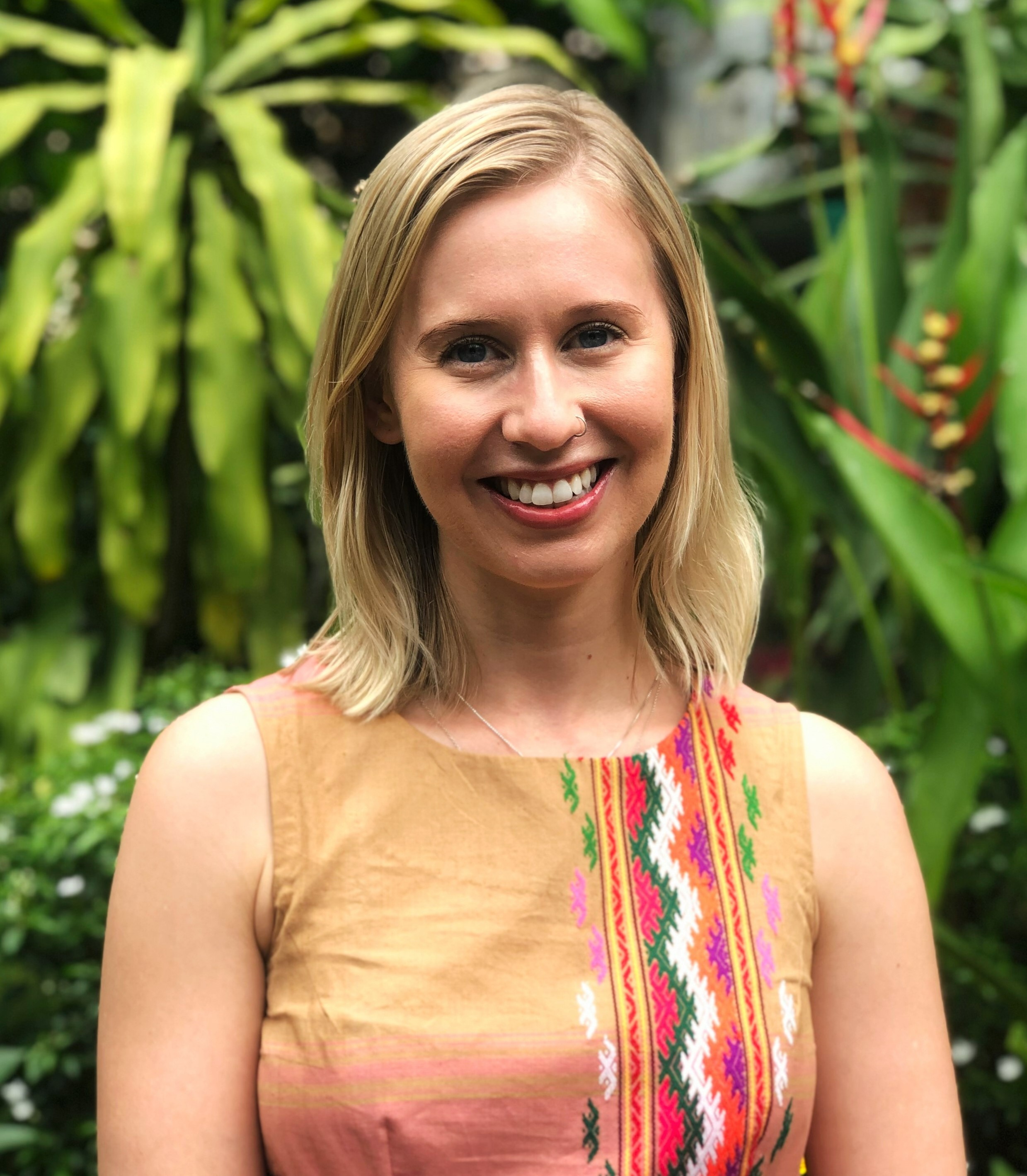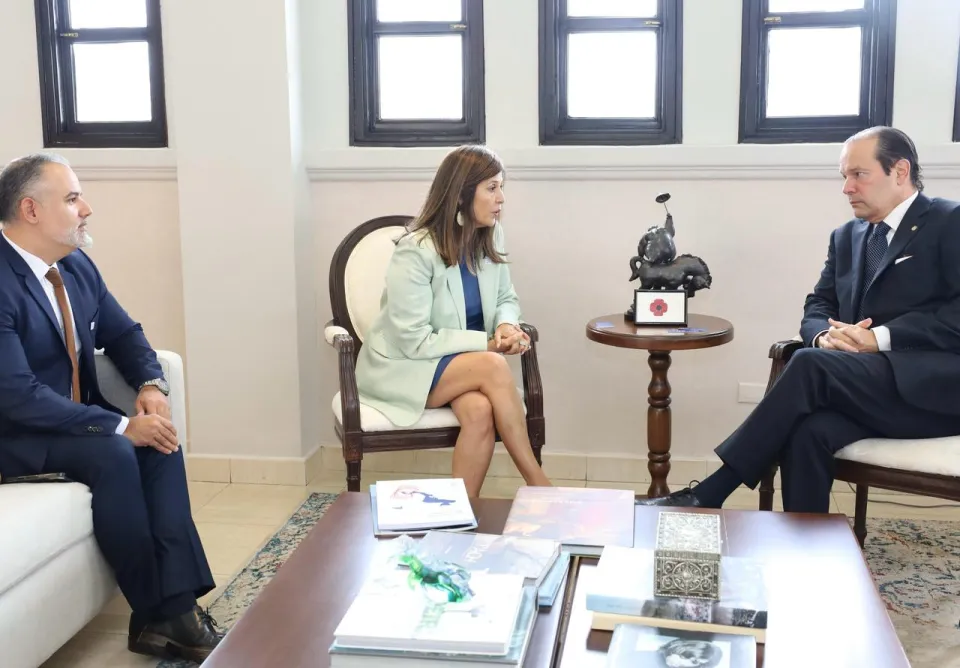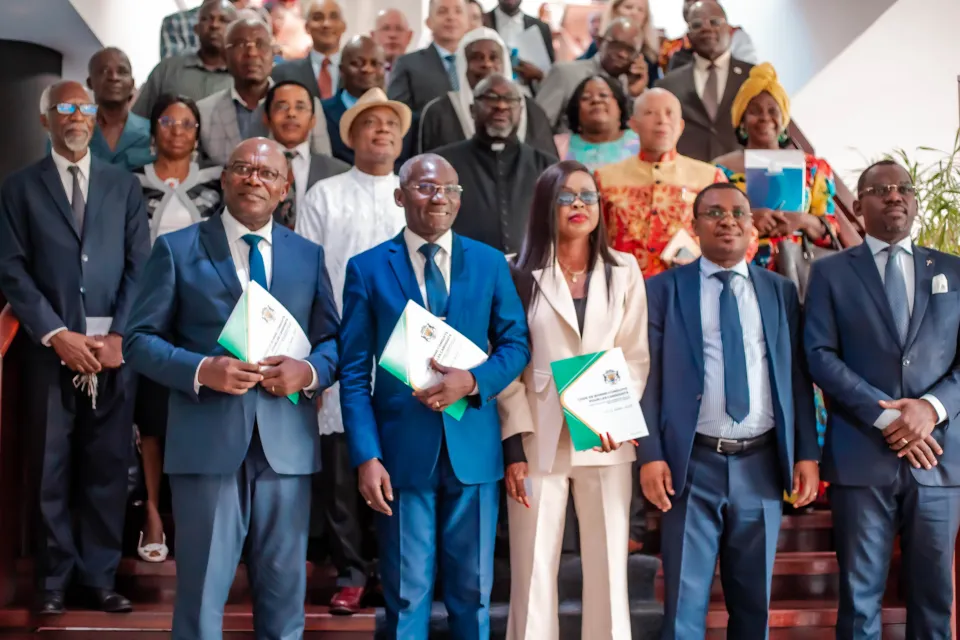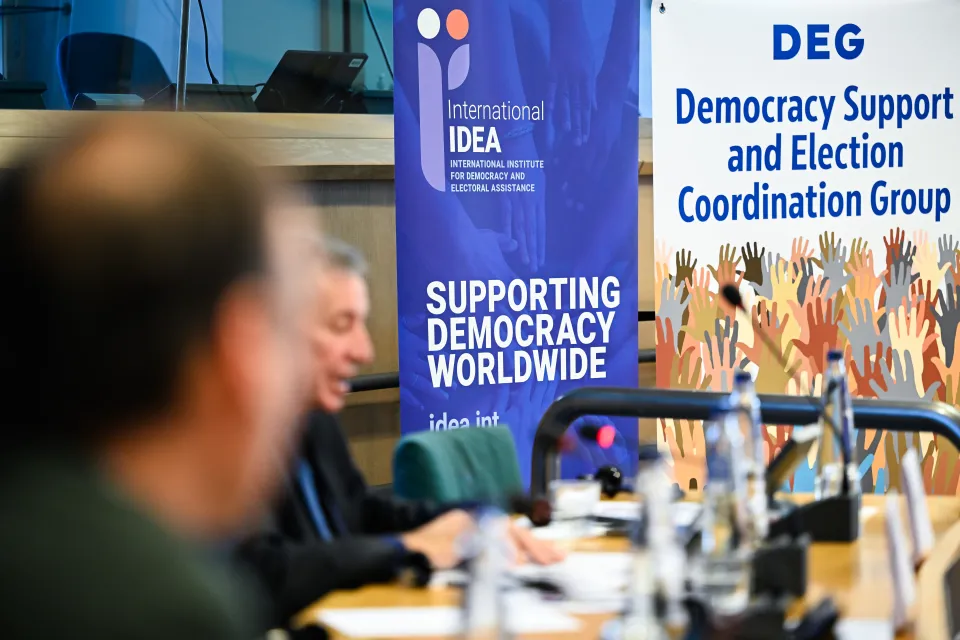Empowering Indigenous women is a must – Indigenous Champions speak ahead of IWD 2024
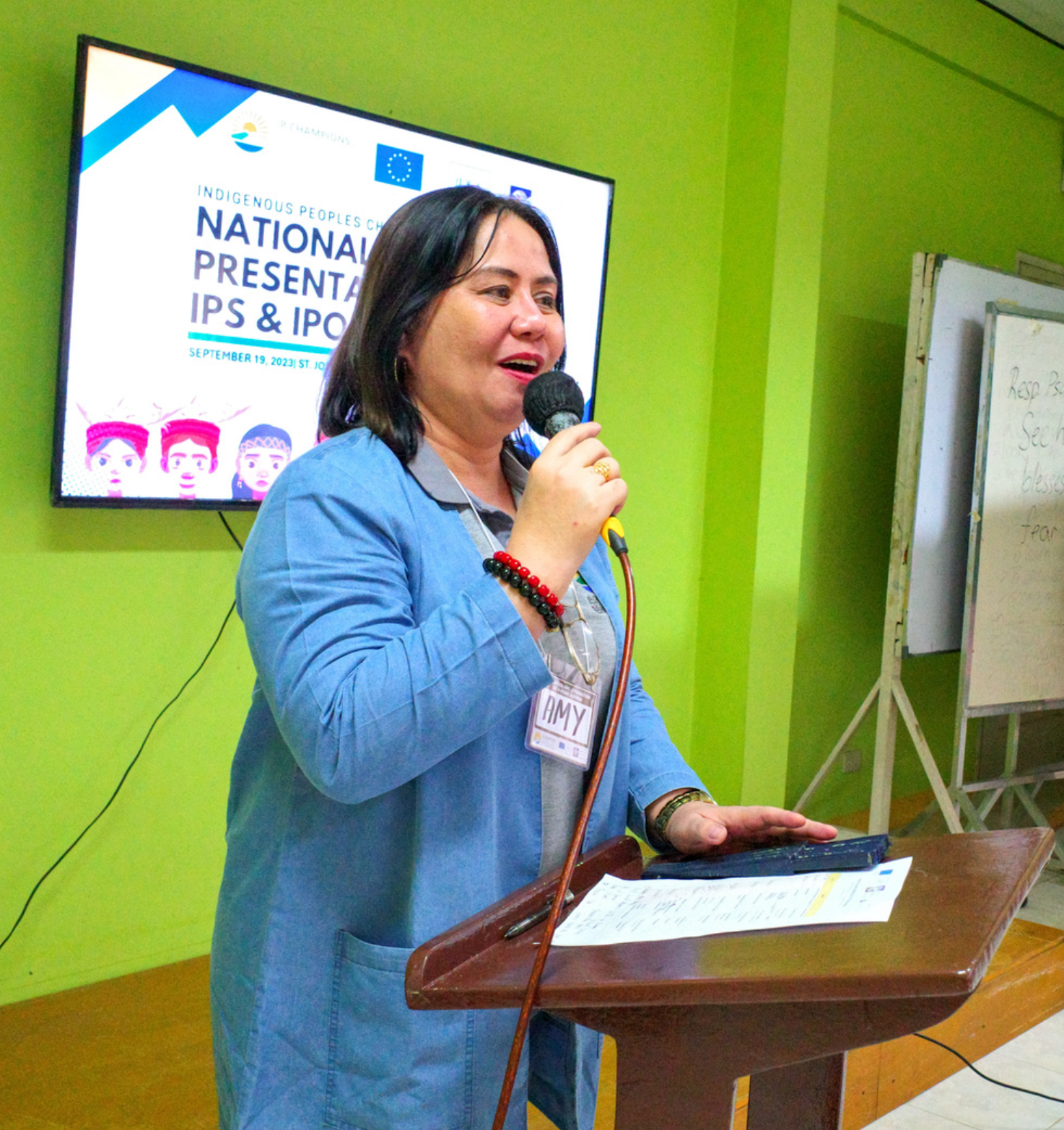
As the Indigenous Peoples Champions project concludes, and International Women's Day approaches, women participants have shared their reflections on the project, which was the first of its kind in the Asia and the Pacific region. A collaboration between the European Union (EU), the International Institute for Democracy and Electoral Assistance (IDEA), and the Institute for Autonomy and Governance (IAG), the mission was to empower Indigenous communities through the cultivation of Indigenous Peoples' (IP) Champions, with an emphasis on uplifting women leaders within these communities.
Set against the backdrop of the Philippines' rich Indigenous environment, which includes an estimated 14-17 million Indigenous individuals across 110 ethnolinguistic groups, the project targeted the Bangsamoro Autonomous Region in Muslim Mindanao (BARMM) and the Cordillera Administrative Region (CAR) as pilot regions. These areas, each with their unique histories and challenges, provided a fertile ground for fostering advocacy and empowerment, particularly for women and young leaders seeking policy change.
The initiative unfolded through seven key outputs, including preparatory consultations, Indigenous Peoples' Rights in Constitutions Assessment Tool (IPCAT) workshops, mentoring, advocacy support, and dialogues with government stakeholders. This comprehensive approach was designed to overcome knowledge, capacity, and network constraints, facilitating constructive engagement between duty-bearers and right-holders.
One participant, a Teduray Leader, shared her reflections on the impact of the project: "Empowering Indigenous women isn't just an idea; it's a must. Their leadership, based on nurturing and strength, is a source of power for our communities. We must commit to giving them the recognition they deserve as leaders," said Amylyn Moendeg-Dolores.
This mirrors the project's ethos of empowering Indigenous voices through strong advocacy, transparency, and respect for customary law, all while recognising and supporting women leaders.
Despite legislative safeguards like the 1987 Philippine Constitution and the Indigenous Peoples' Rights Act (IPRA) of 1997, indigenous communities continue to face challenges. The project's emphasis on women's empowerment within these communities is a critical step towards not just preserving cultural heritage but also ensuring economic resilience and fair progress.
The COVID-19 pandemic added layers of complexity, causing displacement and exacerbating threats to indigenous communities in BARMM and CAR. The project's focus on knowledge-building, constructive engagement, and inter-regional learning has been pivotal in navigating these challenges, underscoring the indispensable role of knowledge, advocacy, and Indigenous participation in shaping a more inclusive future.
In the aftermath of the pandemic, the IP Champions project not only supported the role of Indigenous leaders but created meaningful interactions between those leaders and institutional authorities. Those interactions shone a spotlight on the powerful role of women in leading and empowering their communities.
“Preserving customary law, tied to centuries of knowledge, honours the resilience of
Indigenous Peoples. It's a way to balance modernity and tradition in our cultural identity,” said Moendeg-Dolores, speaking ahead of International Women’s Day.
